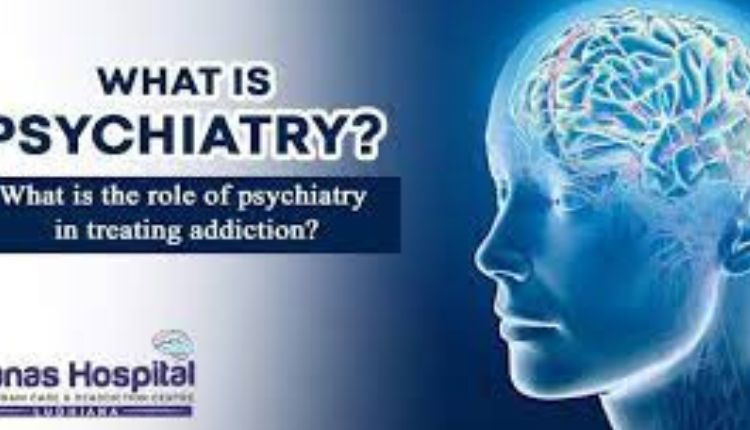Imagine walking through the doors of the mental health clinic of idaho, your heart pounding, mind racing. You’re not alone. It’s a scenario shared by countless people, grappling with the iron chains of addiction. Ever wondered about the charged figures in the white coats waiting on the other side who hold the keys to recovery? They’re psychiatrists. They’re the soldiers at the forefront of this battle against addiction, wielding their knowledge like weapons to break those chains. They’re the architects of a better tomorrow. They draw the blueprint for a life free from the stronghold of addiction.
The Psychiatrists’ Role
Psychiatrists are not just doctors. They’re detectives, piecing together the complex puzzle of addiction. They listen, understand, and analyze. They look for clues in your history, your behavior, and your environment. They use these clues to figure out the nature of your addiction. Then, they plan out a path for your recovery.
Therapy
Much like a seasoned carpenter, a psychiatrist also uses tools – one of them being therapy. Cognitive Behavioral Therapy, for instance, is a powerful tool in their arsenal. This helps you identify negative thinking patterns. These patterns often trigger a relapse. The therapy helps reshape those patterns, equipping you to cope better.
Medication
Their arsenal isn’t limited to therapy. Psychiatrists also prescribe medication when needed. Medication can help control cravings, ease withdrawal symptoms, or treat any mental disorder that might accompany addiction. This medical approach, coupled with therapy, is often a lifeline for individuals wrestling with addiction.
The Road to Recovery
Recovery isn’t a straight road. It’s a winding path with peaks, valleys, and detours. Psychiatrists understand this. They help you navigate through the rough patches. They celebrate your victories and encourage you to rise when you stumble. They’re your allies in this challenging journey.
The Ultimate Goal
The goal isn’t just to help you quit substance use. It’s to help you live a fulfilling life, free from the shadows of addiction. They facilitate your reintegration into society. They help you rebuild your relationships. They inspire you to find joy in living a clean, healthy life.
The next time you walk through the doors of a mental health clinic or any other mental health clinic, remember the role of psychiatrists. They’re not just the doctors in white coats. They’re the allies, the soldiers, the architects of your better tomorrow. They’re the ones who believe in you, even when you find it hard to believe in yourself.
